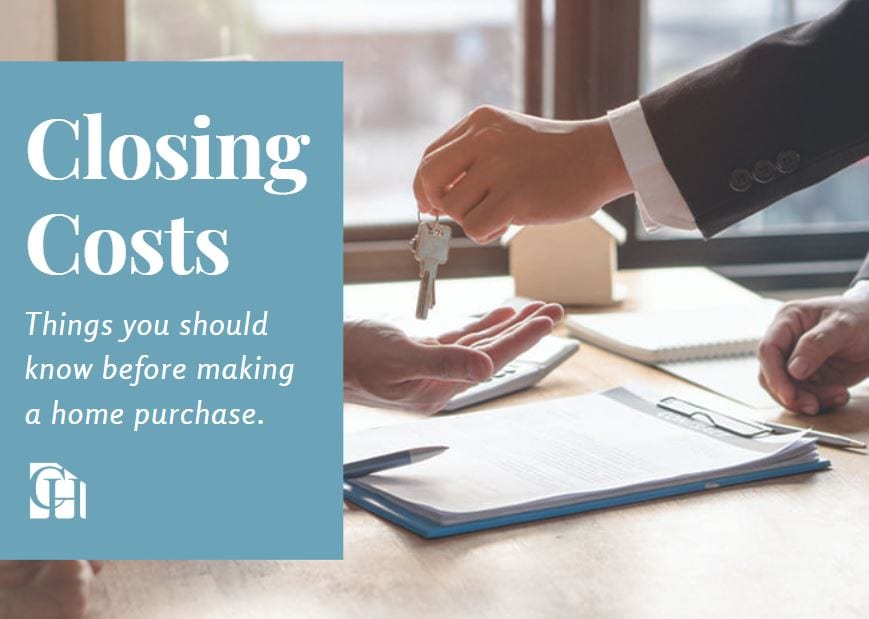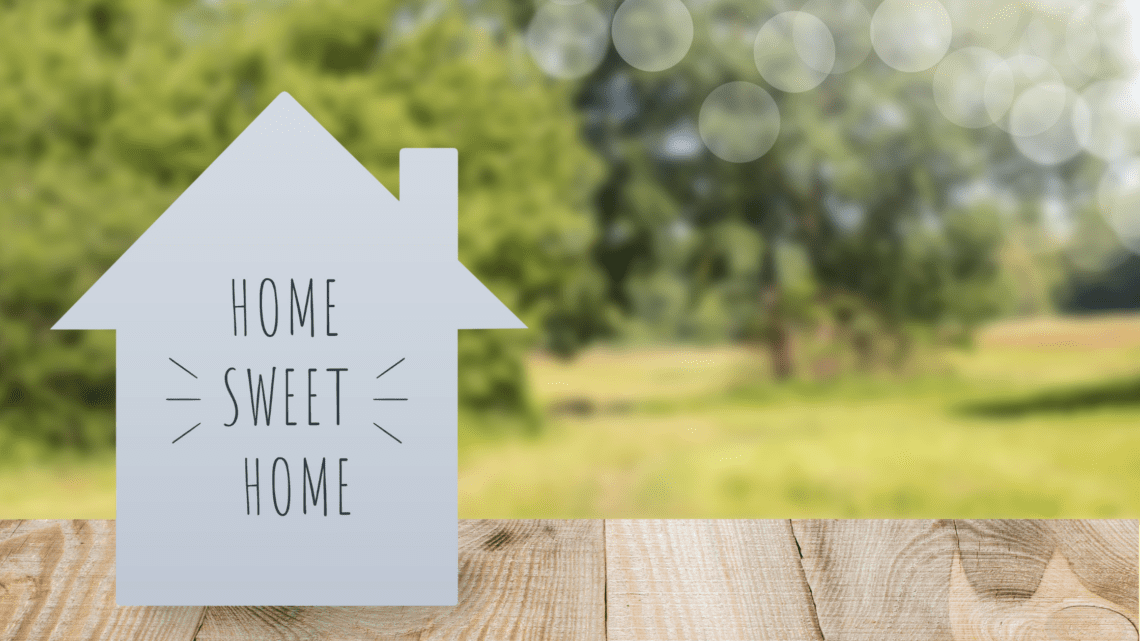A home is one of the biggest purchases you’ll ever make—and we’re not just talking about the sticker price. As a buyer, you’ll pay an assortment of closing costs before you can take ownership of your property. While this step is unavoidable, it doesn’t have to be stressful or confusing when you know what closing costs buyers should expect. By getting familiar with the most common expenses due at closing, you can ensure that you’re financially (and mentally) prepared for a smooth purchase!
If you’re gearing up to buy a home, here’s a breakdown of the costs you can expect to pay before you close…
Deposit
Your deposit is money you’ll pay upfront, usually within 24 hours after your offer is accepted. This sum provides the sellers with a sense of security. Depending on the circumstances, they may be able to hold onto it if you back out of the deal—and in their eyes, that makes you less likely to do so! One or two per cent of your purchase price is pretty standard here in Ottawa, but keep in mind that larger deposits tend to be more attractive to sellers.
Inspection fee
If you’re like most home buyers, you’ll want to get the property you’re planning to buy professionally inspected. From the roof to the furnace to the appliances, the inspector you hire will go through it all—and provide you with a thorough report! The fee for this service varies, but it typically sits around the $300-$700 mark depending on the extent of your inspection. In some cases, particularly with rural properties, it may be a good idea to hire an inspector who is certified to inspect wells, septic tanks, and fireplaces/wood stoves – this sort of inspection will come at a bit of a premium.
Mortgage default insurance
If you are a first time buyer and are looking to purchase a home with less than 20% down, you’ll have to pay mortgage default insurance. This premium, charged by the CMHC (Canadian Mortgage and Housing Corporation), represents a percentage of your overall financing. Depending on the size of your down payment, the amount could equal up to 4 per cent. Ontario home buyers also pay PST on their insurance, so don’t forget to factor that in!
Land Transfer Tax
The largest closing cost you’ll likely pay is the province’s land transfer tax. Every time a piece of property is purchased in Ontario, this fee applies. The rate exists on a sliding scale, with a maximum percentage of 2.5 for homes that are 2 million dollars and over. Luckily, most buyers in Ottawa will pay 1.5 or 2 per cent of their purchase price. If you’re an eligible first-time buyer, there is a provincial rebate in Ontario that can be applied toward your land transfer tax.
Property tax and utility adjustments
If the seller has prepaid any property taxes or utilities before closing day, you’ll have to reimburse them. The lawyers involved will help you do the math and ensure that everything is settled properly.
Legal Fees
Trust us when we say, working with a real estate law expert is crucial. The lawyer you choose will review your paperwork, ensure there aren’t any claims against the property you’re buying, and calculate your land transfer tax, among other tasks. You can expect to pay somewhere in the neighbourhood of $500 to $1000 for their services, though it depends on the professional you hire and the extent of the work they need to do.
Down Payment
After your deposit is paid, you’ll still have to cover your down payment. This is the amount you need to give the seller to qualify for your mortgage. Conventional wisdom says 20 per cent of your purchase price is ideal—and in some situations, this amount is mandatory—but your lender can help you understand your options based on your circumstances. Remember that your deposit will become part of your down payment, so you’ll only pay the remainder on closing.
Moving Costs
Last but not least, leave room in your budget for moving costs. They may not be due on closing day, but they could impact your overall financial situation. Costs will vary depending on whether you hire movers or rent a truck, and how much stuff you have. In other words, you could be looking at a couple thousand dollars, or significantly less.
You already know that buying a home means parting with a pretty significant chunk of change. The good news is, understanding all of the costs involved can help you budget effectively—and pave the way for an incredibly successful purchase!
If you have questions about the home-buying process, we’d love to answer them. Get in touch to get the ball rolling!






